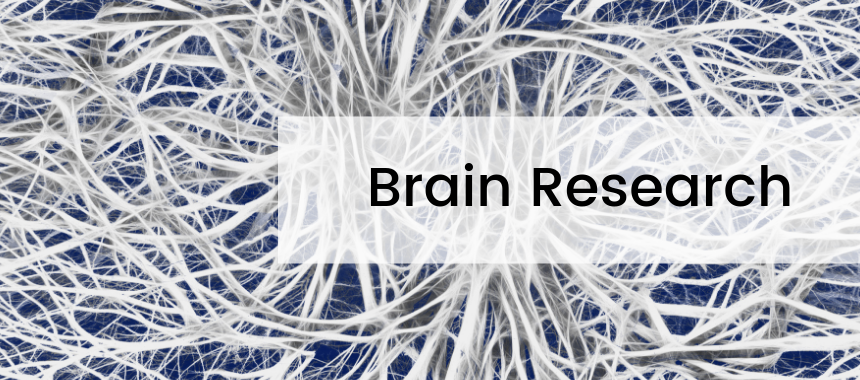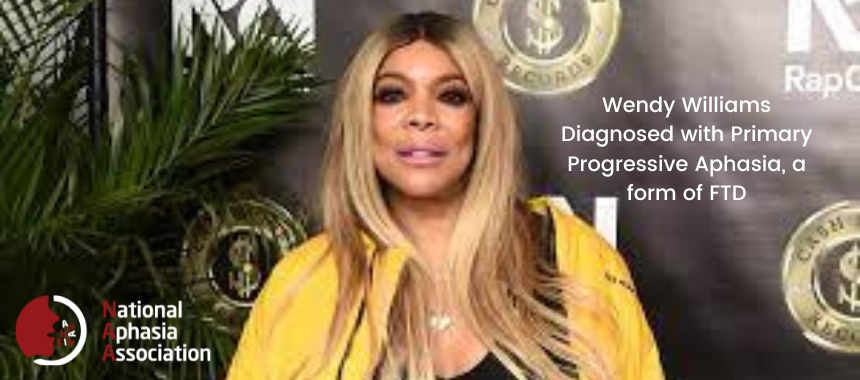A new scientific development may be a game changer for people with aphasia. The subhead on The New York Times article says it all: “A prosthetic voice decodes what the brain intends to say and generates (mostly) understandable speech, no muscle movement needed.”
In other words, you think it, the machine says it.
Usefulness
It’s a great leap forward for people experiencing paralysis after a stroke, accident, or neurodegenerative disease, but it’s also potentially a useful tool for people with aphasia who have difficulty turning their thoughts into spoken words. The machine “decodes the brain’s vocal intentions and translates them into mostly understandable speech.” It creates speech by understanding brain signals.
Status
This advancement isn’t ready for public use. It is still being tested on people who have access to speech before moving it to people who do not have the ability to speak. Initial findings were reported in the journal Nature last week, but we’re still a long ways away from the average person with aphasia using the tool as they work to regain speech.
It is currently moving into a new trial with people experiencing epilepsy. The New York Times reports:
Five such patients at U.C.S.F. agreed to test the virtual voice generator. Each had been implanted with one or two electrode arrays: stamp-size pads, containing hundreds of tiny electrodes, that were placed on the surface of the brain.
Those participants then read sentences, allowing the researchers to study the neurons and how they relate to jaw and tongue movements that occur during the speech. Researchers were then able to recreate those sentences with the machine. You can listen to a sample embedded in the article midway down the page and hear both the original reading and the recreated reading.
The machine can produce 150 words per minute, about the same speed as average human speech. The researchers foresee the possibility that “off-the-shelf virtual systems could be available one day.”
Future
Researchers now need to test whether they can reproduce speech in people who currently do not have the ability to speak. This presents a new issue, especially when it comes to people with aphasia following a stroke:
The team is planning to move to clinical trials to further test the system. The biggest clinical challenge may be finding suitable patients: strokes that disable a person’s speech often also damage or wipe out the areas of the brain that support speech articulation.
In other words, brain changes may necessitate workarounds in order to find new speech routes in the brain.
It’s an exciting development, and we’ll have more information in the future as we read about new studies.



